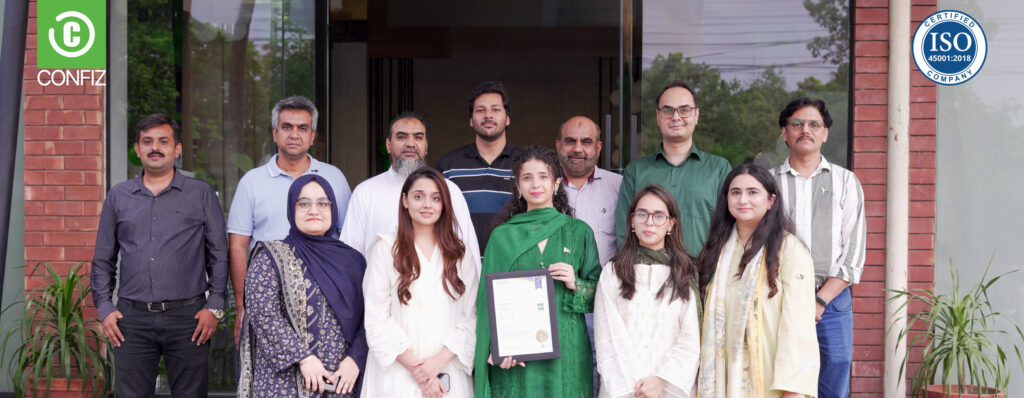Running a textile factory is not an easy task. There are too many processes to manage at the same time and automation is necessary for recurring tasks. This includes scheduling production machinery, managing spinneries, streamlining weaving and knitting and finalizing dyeing and printing processes.
Textile manufacturing businesses are always running against time due to the short life of fashion trends. The unseen benefit here comes from the number of fresh orders from brands and retailers. But then there are economic fluctuations to be catered to as well.
After manufacturing processes are dealt with, textile manufacturers need to manage inventory and logistics. Completed products need to be dispatched to retail stores on time. This requires scheduling vehicles and making rosters for drivers. Once the products reach the stores, the textile businesses must manage the staff, customers, and sales.

To address all these challenges, textile manufacturers require an innovative solution that can digitalize processes to warrant operational efficiency, bring technological innovation, and offer solutions to all the pain points in the supply chain management.
A common ERP (Enterprise Resource Planning) solution may help in addressing universal challenges of financial excellence, talent management, and streamlined business operations, but textile manufacturers must tackle industry specific obstacles and processes, such as:
- Ever-changing fashion trends
- Order and dye batch planning
- Stock management and warehousing
- Product data management and insights
- Product lifecycle management
- Managing numerous textile manufacturing machines
- Demand for customized products and smaller lot sizes
Automation of processes and digitization of supply chain using omnichannel IT system can provide you with the right insights to run your textile manufacturing processes efficiently. A good software solution will help you shave off inefficiencies, design flexible production cycles, proactively maintain your manufacturing machinery and more.

Benefits of an efficient software solution for businesses operating in the textile industry
A good ERP and CRM software suite for the textile industry empowers you with comprehensive control over the procurement of raw materials such as cotton, yarn, or synthetic threads. It also helps you automate planning and designing textile products, manage manufacturing machinery, and carry out quality checks.
The software suite will further enable convenient store distribution, merchandise management, mobile functionalities, and more. These functionalities will allow you to digitalize your value chain and spur growth across all channels
The perfect software solution for textile manufacturers would not only help in the design and manufacturing process but will also cater to all the processes in the textile factory. It deals with major departments such as procurement, manufacturing, inventory, distribution, corporate performance and governance, human resources, accounting, sales, and customer services. Ideally, it should seamlessly integrate eCommerce capabilities to facilitate online transactions. The software should also cover areas of enterprise assets management, business intelligence, e-commerce, and business-related strategies.
Concisely, efficient software for the textile industry brings you the following benefits:
• production planning transparency
• data-enriched, flexible production processes
• efficient production machinery
• optimized tooling implementation
• real-time reporting and analytics of shop floor processes
• Cross-department communication and process intelligence

Immediate action required from the textile manufacturers
If you are a textile manufacturer looking to streamline processes such as yarn production, weaving fabrics, cloth design and patterns, tufting carpets and developing woven materials, then you need an efficient software solution that can help you automate these tasks. Since all these processes require a key focus on technical parameters to achieve sustainable growth, the immediate action required from you would involve looking into the key processes of your textile manufacturing business and then selecting the right software solution for them.
To get you started, here are some key textile industry-specific functionalities you need to look out for in the right software solution for your business:
• Graphical planning board
• Sample management
• Product management templates
• Manufacturing Execution Systems (MES)











